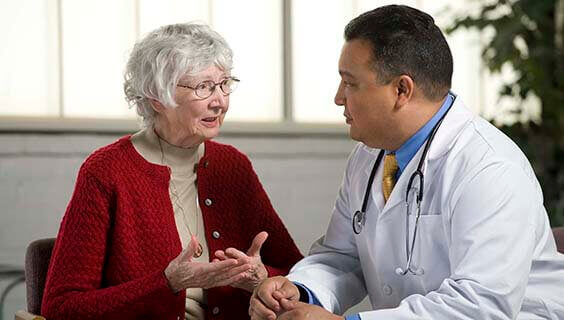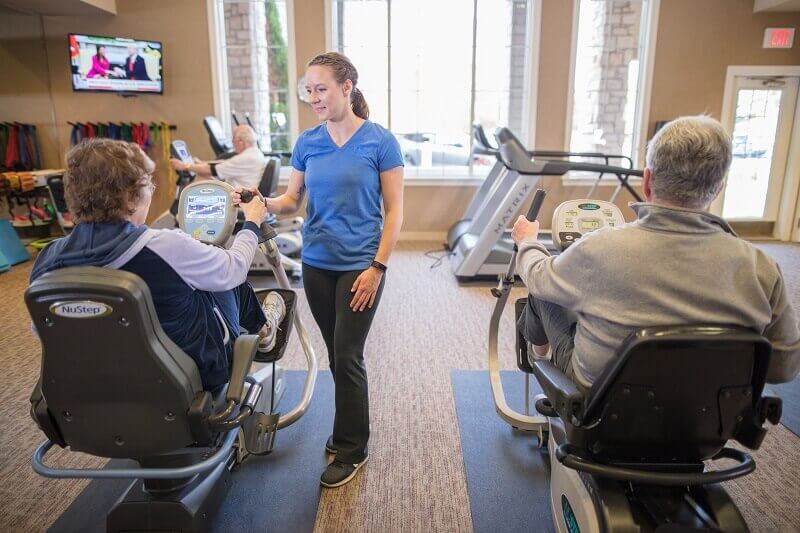
In the United States today, approximately 96 million adultshave prediabetes — and up to 70 percent of those who have elevated blood sugar will go on to develop type 2 diabetes, according to an American Diabetes Association expert panel. That’s in addition to more than 37 million who already have the chronic disease.
Naturally, then, it might feel daunting to try to get high blood sugar under control. But fortunately experts say a number of simple (read: straightforward, not necessarily all easy, but doable) steps can bring glucose levels back into a healthy range. You also have plenty of reasons beyond diabetes prevention to do just that.
People with prediabetes have a higher risk of suffering from a heart attack or stroke in the future — along with other heart disease issues — “even without full-blown diabetes,” says Zhenqi Liu, M.D., James M. Moss professor of diabetes at the University of Virginia School of Medicine.
Here are steps you can take to reduce your risk and lower your blood sugar.
1. Know your numbers
To start, you need to know where you stand. The vast majority with prediabetes — more than 80 percent — don’t know they have it, according to the Centers for Disease Control and Prevention.
To learn more about your blood sugar numbers, and ways to lower your blood sugar, from AARP, CLICK HERE.











